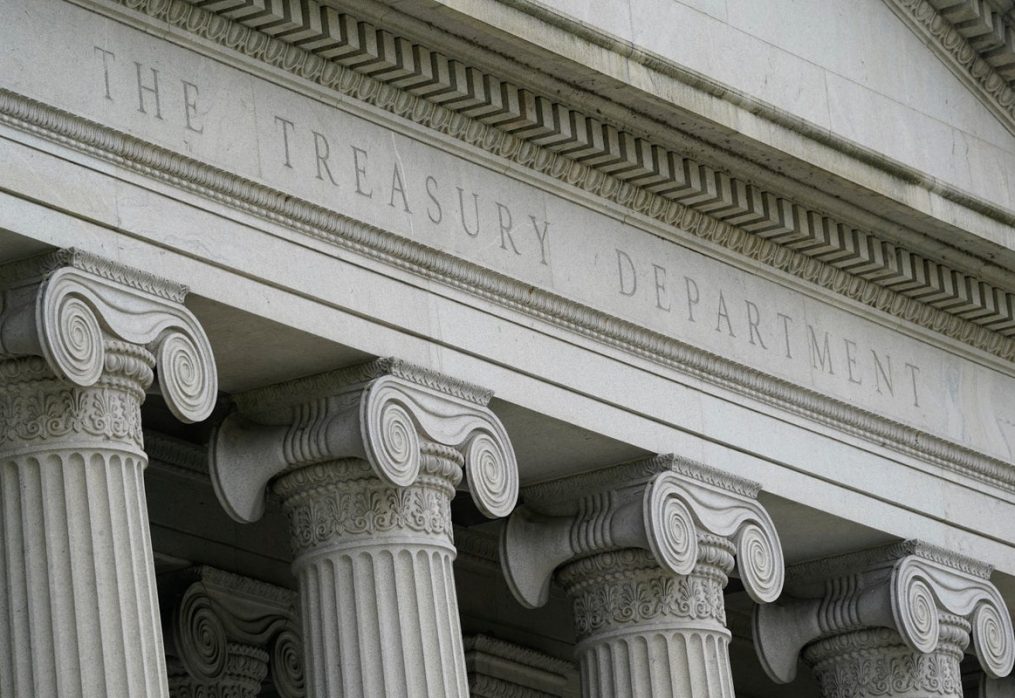The US government sanctions two shipping companies for violating the Russian oil price cap
For free real time breaking news alerts sent straight to your inbox sign up to our breaking news emails
Sign up to our free breaking news emails
The Treasury Department said Thursday that it has imposed its first set of sanctions on two companies that shipped Russian oil in violation of a multinational price cap.
The United States, along with the European Union, countries in the Group of Seven and Australia, imposed a $60 a barrel limit last year on what Russia could charge for its oil. The cap was designed to deprive the Kremlin of revenue to fund its war in Ukraine, forcing the Russian government either to sell its oil at a discount or divert money for a costly alternative shipping network.
The companies being penalized are based in the United Arab Emirates and Turkey, the department said in a statement.
A ship owned by the Emirates-based company Lumber Marine carried oil priced above $75 a barrel from a Russian port. Separately, a vessel owned by Turkey-based Ice Pearl Navigation ferried oil from Russia priced at $80 a barrel.
Both companies relied on U.S. service providers. As a result of the sanctions, the Biden administration is blocking the companies’ ability to conduct business or access any property or financial interests in the U.S.
A senior treasury official, who briefed reporters on condition of anonymity per department rules, said that the government has usually contacted a ship’s flagging nation and insurer if there is even a suspicion of a violation, leading to the ship losing access to insurance or a country’s registration.
The official said that Russia has tried to build an alternative shipping network to avoid the cap, but that has proved to be expensive, with private analyses indicating that it has cost $35 per barrel of oil.
The administration has argued that the cap has been successful, leading to a 45% drop in Russian oil tax revenue over the past year. The official said the focus of enforcing the cap will be on further increasing costs for Russia’s oil industry so Moscow has less money available to support its military in Ukraine.
The coalition enforcing the price cap also released a set of recommendations to improve compliance within the maritime oil industry. The guidance was aimed at countries as well as private companies. It recommends that all ships have legitimate insurance and rely on industry standard classifications, among other policies focused on stepped-up monitoring of the sector.
